
Unannounced Reshuffling of Chinese PLA Navy Leadership Sparks Internal Concerns
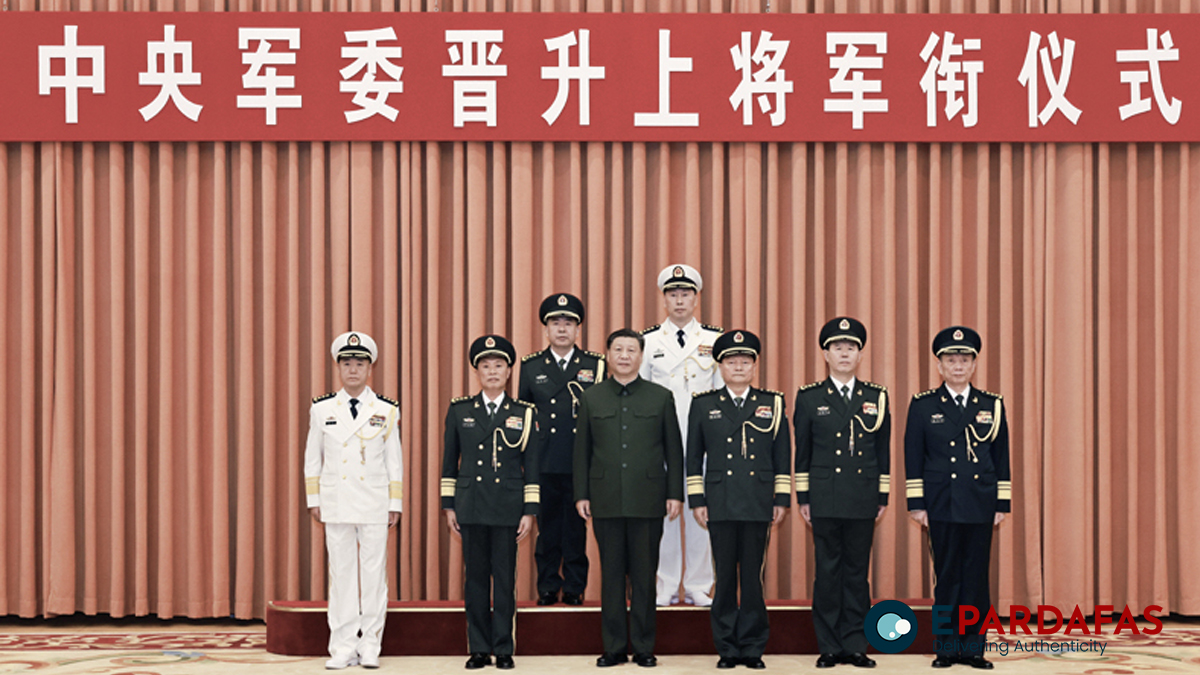
In a surprising turn of events, the Central Military Commission of the Chinese Communist Party (CCP) quietly conducted a promotion ceremony on December 25th in Beijing, elevating officers to the esteemed rank of general. The notable promotions included Wang Wenquan, the political commissar of the Southern Theater Command, and Hu Zhongming, who assumed the role of navy commander.
This unexpected reshuffling has brought to light a discreet yet significant change within the Chinese military hierarchy. Prior to these changes, Admiral Dong Jun held the position of navy commander, while the political commissar of the Southern Theater Command was Army General Wang Jianwu, aged 65.
The CCP’s decision to adopt a low-key replacement strategy, eschewing the customary public announcements, raises questions about the underlying motivations behind these silent transitions within key military positions.
Notably, these promotions coincide with a leadership vacuum in the role of Defense Minister, which has remained vacant for over two months since the fall from grace of former Defense Minister Li Shangfu. The absence of a formal appointment to this crucial role adds an ironic twist to the Chinese political landscape, with observers questioning the CCP’s ability to select a new Minister of National Defense.
This leadership transition has sparked concerns about the decision-making processes within the CCP and potential implications for the country’s national security strategy. The secretive nature of these changes underscores the complexity and internal dynamics within the Chinese military establishment.
In addition to the leadership shifts, recent comments by Chinese President Xi Jinping have been interpreted by analysts as a sign of his concerns about internal dissent and potential threats within the military. The emphasis on “security” in this context suggests unease regarding the military’s loyalty and overall political security.
Former CCP Navy Command lieutenant colonel, Yao Cheng, suggests that Xi Jinping is using the party’s official channels to express his concerns about political security within the military. Recent political cases hint at internal turmoil, indicating that elements within the military may be acting against Xi Jinping while outwardly maintaining subservience.
The military’s discontent with Xi’s warmongering tone and continuous calls for confrontation has been reflected in recent leadership reshuffles and commentary emphasizing the need for strict discipline and readiness. Some within the military hope for a shift towards a more peaceful stance, expressing exhaustion with perpetual war preparations.
Current affairs commentator Chen Pokong speculates that the military’s discontent may be aimed at changing leadership. There is a suggestion that the Chinese military, particularly in higher ranks, desires a change but is awaiting the opportune moment to act.
Despite Xi Jinping’s cautious approach, Yao Cheng warns that Xi is not entirely secure within the CCP leadership. Internal turmoil within the party, combined with external pressures arising from a turbulent domestic situation, has created dissatisfaction among CCP members, increasing the pressure on Xi.
Recent occurrences within the CCP military, including discreet investigations into generals and the absence of key figures like Defense Minister Li Shangfu from the public eye, have fueled concerns. Xi Jinping’s efforts to tighten control over the military have created an atmosphere of uncertainty and unease, raising questions about the stability of his leadership in the coming months. The unexplained deaths and disappearances of military personnel add to the prevailing apprehension, as the internal pressures within the CCP’s military and political landscape unfold.



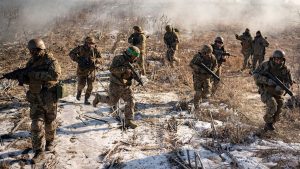
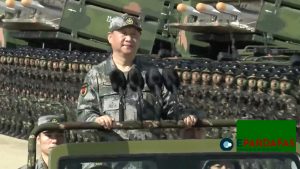

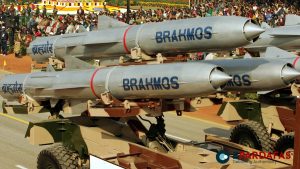
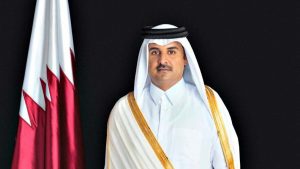
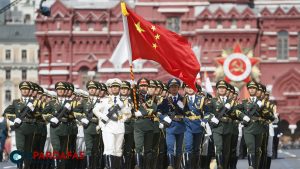

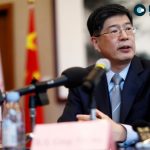
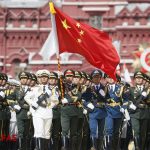



Comments